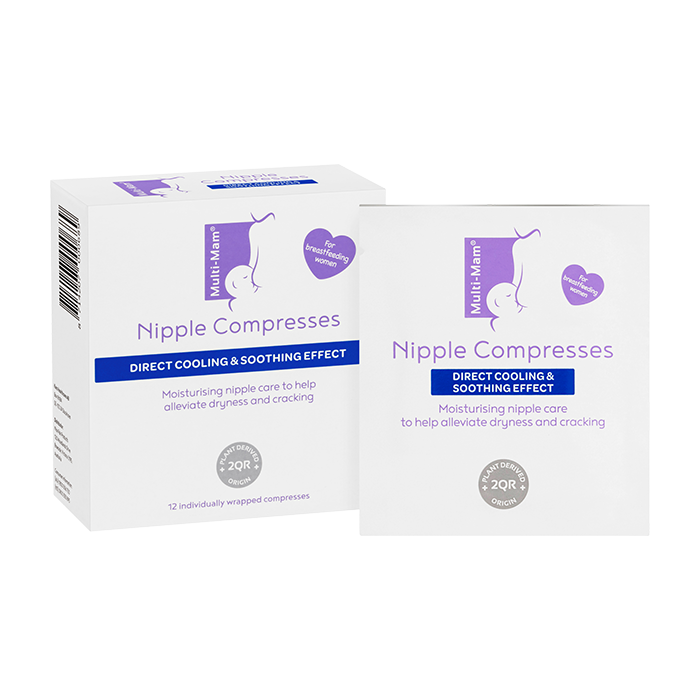How can I know I have enough breast milk for my baby?
Sometimes mothers are unsure if they have enough breast milk for their baby, but it’s worth remembering that most mothers produce sufficient milk for their babies to grow and thrive. It’s not uncommon for lactating mothers to experience short periods of time when their breast milk supply may be lower than usual. But more frequent breastfeeds and rest often makes a difference in boosting supply.
Breastfeeding relies on a supply and demand process. As the baby feeds they stimulate the mother’s breasts to produce milk. Essentially, the more frequently and more efficiently the baby feeds, the more milk is produced. Long periods of time without feeding can lead to a temporary drop in breast milk supply.
8 signs your baby is getting enough breast milk
- They are wetting at least six, heavy nappies each day and having golden yellow, soft poos.
- They are steadily gaining weight and growing. Breastfed babies tend to gain a lot of weight in the first few months of life and then their weight gain plateaus.
- They look healthy and their eyes and mouth are moist.
- They can be heard swallowing and milk pools around the edges of their mouth when they feed.
- The mother’s breasts are full before feeding and feel softer after feeds.
- The baby’s colour is pink and any jaundice is resolving.
- They are reaching their developmental milestones.
- They feel heavier and are outgrowing their newborn clothing.

Ways to increase your breast milk supply
- Think about how often your baby is feeding – up to eight times/24 hours is very normal. The ideal way to ‘time’ feeds is to follow the baby’s hunger cues though if your baby is having long periods of time between breastfeeds, there may be benefits in offering them breastfeeds more frequently.
- As your baby is sucking, massage and compress your breast tissue with your hand.
- Offer both breasts during feeds and ‘switch’ your baby onto the other breast if they become sleepy or their sucking pattern slows.
- Try to relax and do some mindfulness exercises.
- Make sure your baby is attaching and sucking effectively on your breast. You could ask a Child Health Nurse or lactation consultant to observe a couple of breastfeeds.
- Care well for yourself and make sure you’re eating regular, nutritious meals. Stay well hydrated and limit your caffeine consumption to fewer than three cups of instant coffee/day.
- Express after feeds for up to ten minutes. Extra stimulation by hand or with a pump can be very helpful.
- Try not to offer your baby a dummy or any formula feeds. If you feel your baby would settle more easily with a dummy, introduce one once breastfeeding is well established.
For more help
Speak with your Child Health Nurse or a lactation consultant about breastfeeding.
Check here for information from Australian Breastfeeding Association.
Written for Multi-Mam by Jane Barry, Midwife and Child Health Nurse, October 2022.








